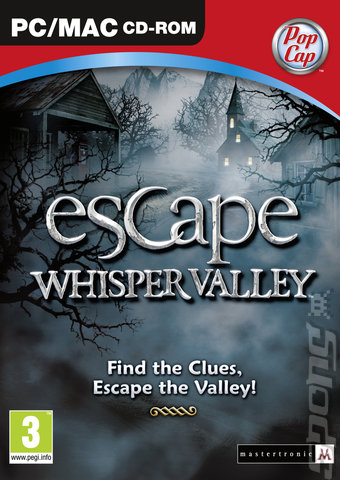


2020 even saw the release of our first Jackbox title localized for international audiences. Since then, we’ve released one Party Pack each year.

Later that year we released Fibbage, a social bluffing game, as a standalone product that employed the new “phone as controller” approach.Ģ014 saw the release of the first Jackbox Party Pack, five games under one roof that guaranteed something for everyone. With a decreased staff and about ten months of remaining time, the studio decided to focus our efforts on a console game that people would play using only their phones. Jackbox Games had lots of interesting projects and ideas, but not as much, how can we put this, “money to pay for things like electricity and snacks.” Hence: “Jack” + “Box” (we added “Games” so we could finally stop receiving junk mail for Jackbox Personal Panini Stations). To distinguish the two companies, we became Jackbox Games.įun fact! “Jack” comes from, well… that thing You Don’t Know, and “Box Six” is lingo used by our writers for the joke that often follows a You Don’t Know Jack trivia question. These projects may not have redefined the genre, but we loved making them and, sure, we still think about them late at night sometimes.Īround this time, Jellyvision Labs was finding its own brand of success in the healthcare world with a product called ALEX. Google it.įollowing the increasing popularity of smartphones and mobile devices, we developed games like Lie Swatter and Word Puttz (the tagline was not “You’ll Believe A Squid Can Golf” but it should have been ) and apps like Clone Booth.

Someone even got engaged using the Facebook game. We also tried hosting YDKJ on Facebook, with new questions every week. Mike Bilder was brought on board in 2008 as General Manager and we made a version of YDKJ for consoles. With the appearance of the Nintendo Wii in 2006, social games seemed poised to make a comeback. A surge of first-person shooters and driving games left us searching for a place in this new landscape… even though you can fire screws at the screen in You Don’t Know Jack 4: The Ride.Īround this time Harry began another new venture, The Jellyvision Lab, which would focus on crafting engaging experiences for businesses using all the “interactive conversation” principles Harry had developed along the way. CD-ROMs fell out of use and consoles like the Sega Dreamcast and Sony Playstation took over. There were also seven episodes of an ABC television show.īut nothing lasts forever, except Hormel canned meat products. Many You Don’t Know Jack titles followed: YDKJ Sports, YDKJ Movies, there may have even been a YDKJ: Police Procedurals with Singing. Learn Television became Jellyvision Games, and in 1995, the CD-ROM trivia sensation You Don’t Know Jack was born. One of their creative leads reached out to Harry, who proposed reinventing That’s A Fact, Jack! for adults (translation: adding a bunch more fart sounds). In the nineties, between rooting for Ross and Rachel to get together, Learn Television developed an education-focused trivia game called That’s A Fact, Jack! (see where this is headed?), distributed to schools on these shiny round objects you can find in museums called CD-ROMs.Īt the same time, Berkeley Systems, creator of the After Dark screensaver series, for which people paid actual real money, was looking for cool new ideas. (Not that curling up with a stack of encyclopedias isn’t awesome, but it’s nice to have options.) Jackbox Games began as Learn Television, founded in 1989 by Harry Nathan Gottlieb to realize his vision of making short, engaging educational films for schools. People may know us for our popular Jackbox Party Packs (available on this very site, did we mention?) but, like that week-long romance you had in Europe… you may not know our full history.


 0 kommentar(er)
0 kommentar(er)
